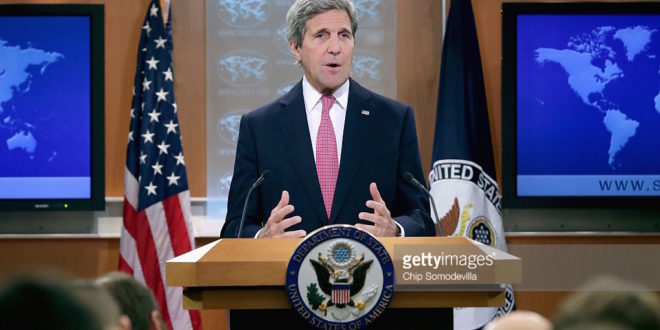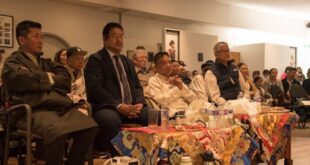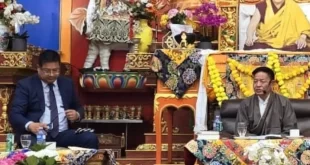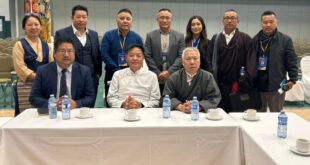April 14, 2016
The US Department of State Released its 2015 Annual Human Rights Report on April 13, 2015. In his remarks to the press, Secretary of State John Kerry stated that “ government that fails to respect human rights, no matter how lofty its pretentions, has very little to boast about, to teach, and very little indeed in the way of reaching its full potential” and reiterated that human rights was very much a part of the US government’s agenda.
The report states that overall in China in 2015 “repression and coercion markedly increased during the year against organizations and individuals involved in civil and political rights advocacy and public interest and ethnic minority issues.”
The Tibetan section addressed topics such as Tibetan self-immolations, arbitrary or unlawful deprivation of life, disappearance, torture and other cruel and degrading treatment, prison and detention center conditions, arbitrary arrest or detention, denial of fair public trial, freedom of speech and press, freedom of assembly and association, freedom of religion, freedom of movement, freedom to participate in the political process, corruption and lack of transparency in government, and discrimination and societal abuses
Here’s an excerpt from the executive summary of the Tibet section:
“The government’s respect for, and protection of, human rights in the TAR and other Tibetan areas remained poor. Under the professed objectives of controlling border areas, maintaining social stability, and combating separatism, the government engaged in the severe repression of Tibet’s unique religious, cultural, and linguistic heritage by, among other means, strictly curtailing the civil rights of China’s Tibetan population, including the freedoms of speech, religion, association, assembly, and movement. The government routinely vilified the Dalai Lama and blamed the “Dalai [Lama] Clique” and “other outside forces” for instigating instability.
Other serious human rights abuses included extrajudicial detentions, disappearances, and torture. There was a perception among many Tibetans that authorities systemically targeted them for political repression, economic marginalization, and cultural assimilation, as well as educational and employment discrimination. The presence of the People’s Armed Police (PAP) and other security forces remained at high levels in many communities on the Tibetan Plateau, particularly in the TAR. Repression was severe throughout the year but increased in the periods before and during politically and religiously sensitive anniversaries and events. Authorities detained individuals in Tibetan areas after they reportedly protested against government or business actions, or expressed their support for the Dalai Lama.”
The complete report on China and Tibet can be downloaded here.




